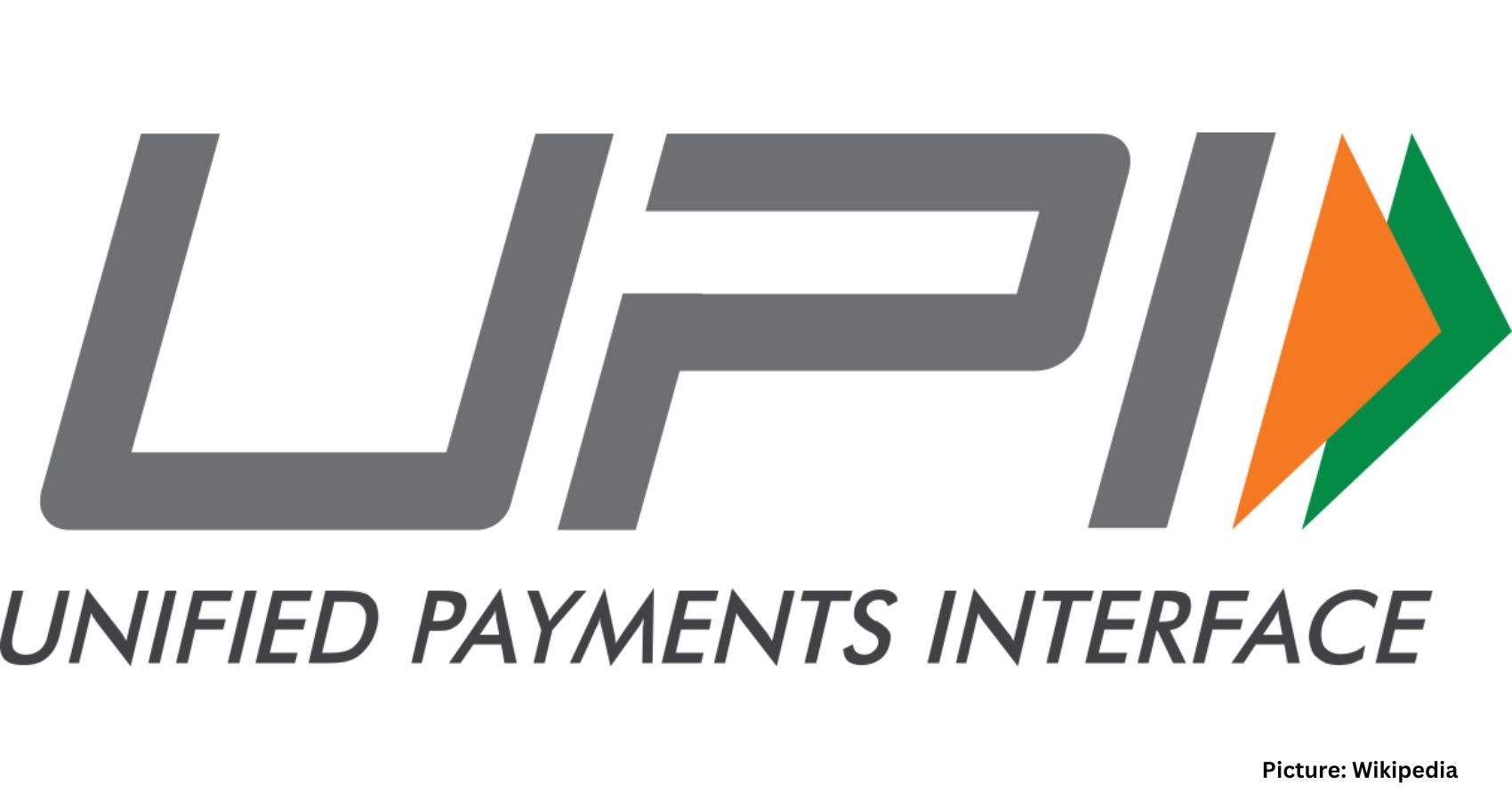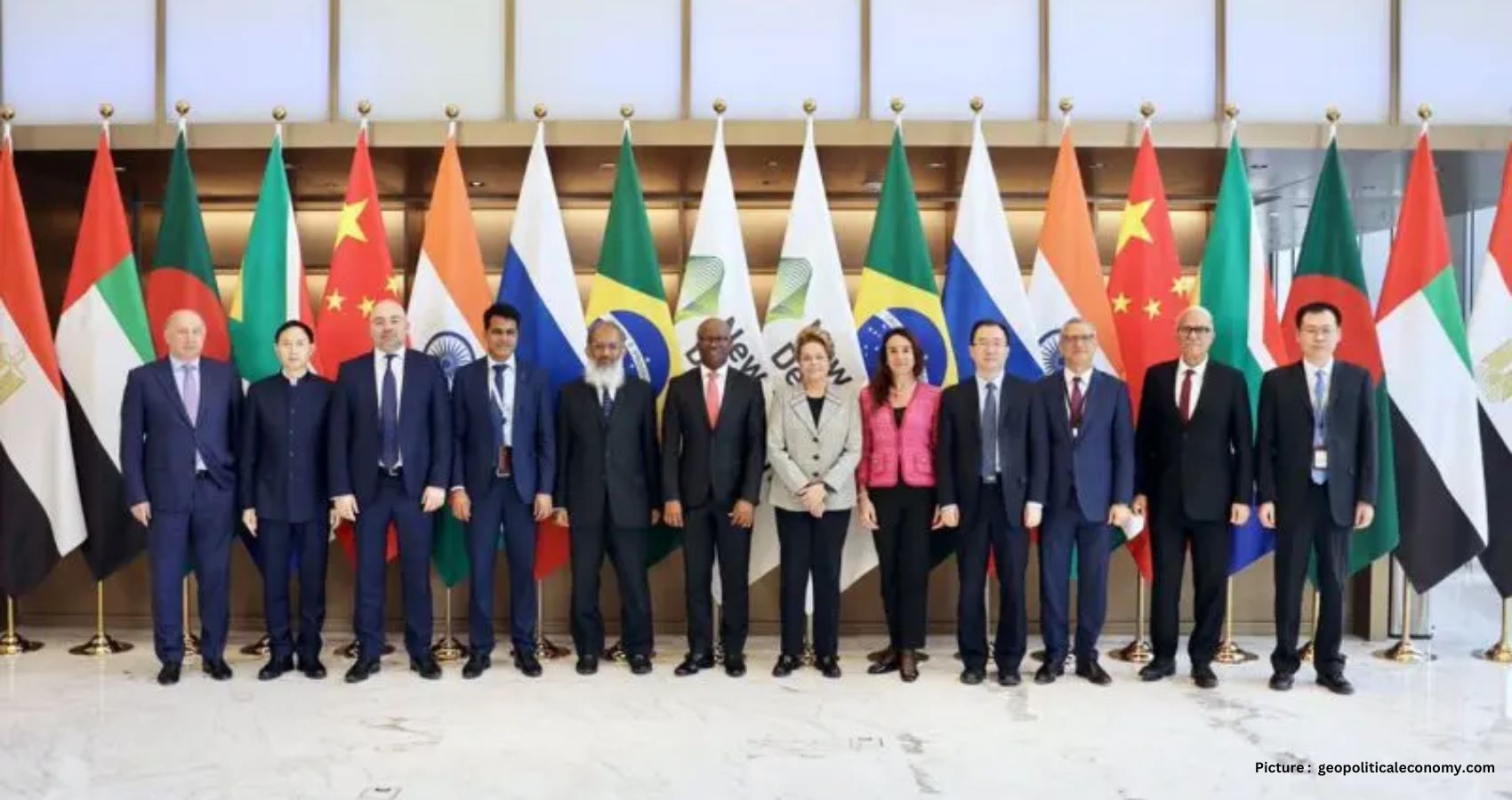The National Payments Corporation of India (NPCI), which oversees India’s payment and settlement systems, has introduced a new wallet specifically designed for international travelers visiting the country. This innovative service, named ‘UPI One World,’ leverages India’s premier instant payments system, the Unified Payments Interface (UPI), to facilitate seamless digital payments for visitors.
The UPI One World wallet is being made available to delegates attending the World Heritage Committee meeting in New Delhi from July 21-31, 2024, thereby enhancing their overall experience at the event. This initiative will allow international visitors and the frequently traveling Indian diaspora to enjoy India’s rich culture, diverse cuisine, and various attractions without the need to carry cash or deal with the complexities of foreign exchange.
The process to obtain the wallet is straightforward. Travelers can acquire it at airports, hotels, money exchange points, and other designated locations after completing a verification process that requires a passport and a valid visa. Once set up, users can make payments at merchant locations by scanning QR codes using the UPI One World app. Additionally, any unused balance can be transferred back to the original payment source, adhering to foreign exchange regulations. This service is a collaborative effort by NPCI, IDFC First Bank, and Transcorp International Limited, and is regulated by the Reserve Bank of India.
“We are thrilled to offer the UPI experience to international guests visiting India through UPI One World,” said an NPCI spokesperson. “This move aims to enhance the experience for visitors by equipping them with UPI, the most preferred payment choice among Indians.”
“By enabling foreign travelers to experience the real-time payments system developed by India, we are taking a significant stride towards creating a more interconnected global digital payments ecosystem,” the spokesperson added.
This initiative underscores India’s expanding role in the global digital payments sector. In June 2024 alone, UPI processed nearly 14 billion transactions worth approximately US$ 240 billion. In 2023, UPI accounted for about 80 percent of all digital payment transactions in India, solidifying its position as one of the largest real-time payment systems globally.
The introduction of the UPI One World wallet is a significant development for international visitors. It offers a hassle-free, efficient way to manage payments during their stay in India. By using the UPI system, visitors can avoid the inconvenience of carrying large amounts of cash or dealing with currency conversion issues. The ability to transfer any unused balance back to the original payment source also provides a level of financial security and convenience that is highly appealing.
The collaboration between NPCI, IDFC First Bank, and Transcorp International Limited, with oversight from the Reserve Bank of India, ensures that the service is reliable and trustworthy. This partnership brings together significant expertise in digital payments, banking, and financial services, guaranteeing that travelers will have a seamless and efficient payment experience.
The NPCI spokesperson emphasized the importance of this service in enhancing the visitor experience in India. “We believe that UPI One World will significantly improve the way international travelers interact with India’s digital payment ecosystem. It is our goal to make their stay as comfortable and convenient as possible.”
By extending the UPI system to international visitors, NPCI is also promoting the global adoption of its digital payment solutions. This move is part of a broader strategy to position India as a leader in the global digital payments landscape. The impressive transaction volumes handled by UPI highlight its efficiency and widespread acceptance, making it an ideal solution for international travelers.
The launch of the UPI One World wallet by NPCI represents a major advancement in the digital payments sector. It not only provides international visitors with a convenient and efficient payment solution but also showcases India’s prowess in developing cutting-edge payment technologies. As UPI continues to grow and evolve, it is set to play a crucial role in shaping the future of global digital payments.



